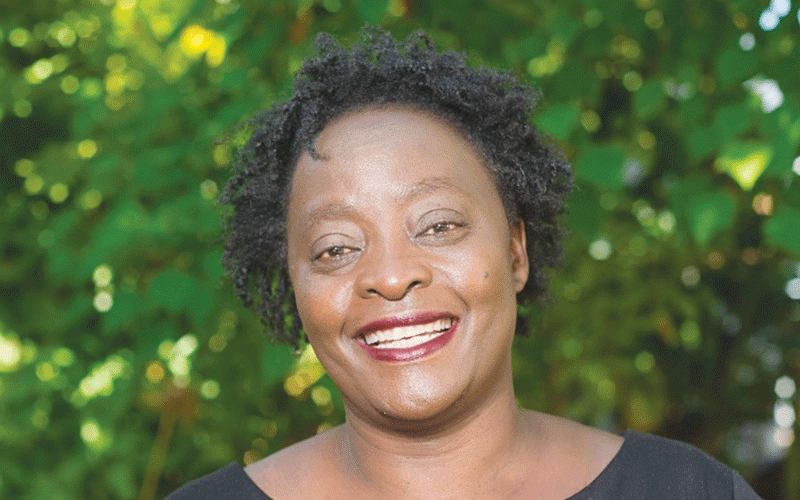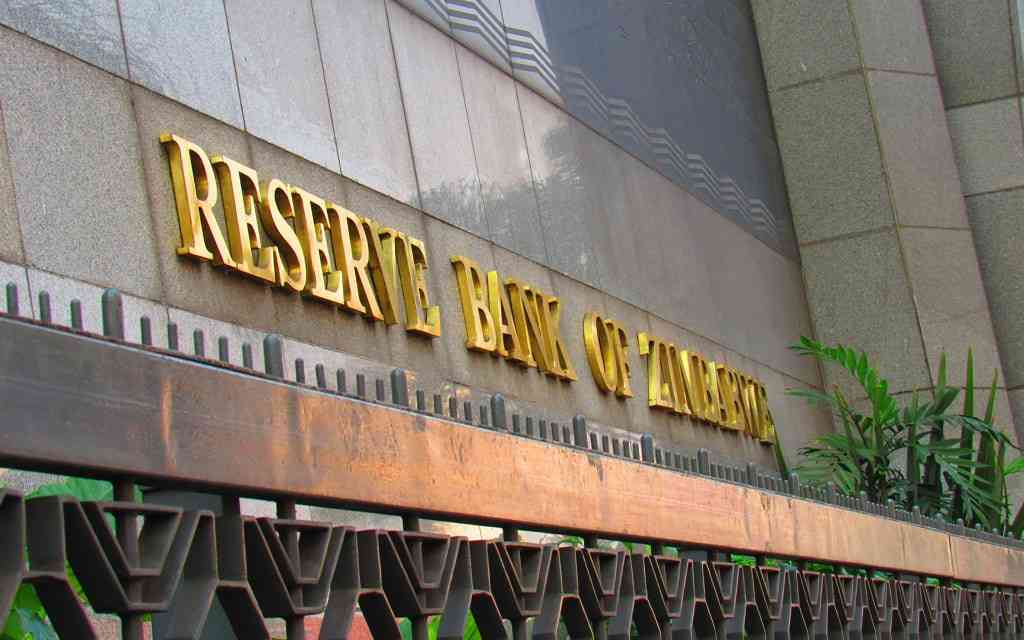
FIRST Mutual Properties (FMP) says it will continue investing in lucrative properties to hedge against inflation and exchange rate risks bedevilling the country.
The local business environment is currently characterised by a plethora of challenges, chief among them inflation, exchange rate volatility and power cuts, forcing companies to innovate and preserve shareholder value.
The annual blended inflation rate stood at 77,2% in August 2023, while month-on-month was -6,2%.
In interim financial statements for the period ended June 30, 2023, FMP board chairperson Elisha Moyo said despite the ongoing uncertainty, the business would not deviate from its growth strategies aimed at increasing shareholder value.
“This includes investing in lucrative properties that can serve as a safeguard against inflation and exchange rate risks. Additionally, the business will prioritise maintaining high occupancy levels by effectively managing client relationships and offering quality and secure products through continuous property refurbishment, maintenance, and upgrades,” he said.
Moyo said progress at the Arundel Office Park extension was currently at 60%. The construction of a four-storey university students housing facility in Chinhoyi is also progressing well.
“This project, which has a prescribed asset status, is being implemented in partnership with institutional investors. The business is a co-investor in the development of mixed-use duplex clusters, three to four-storey flats and student hostels in Zvishavane, with the proposed designs having been approved by Zvishavane Town Council,” he said.
“The contractor commenced work on site with Phase A comprising the six duplex flats, while other 20 blocks of double and triple storey flats are at trenching and brick footing levels.”
- First Mutual remains bullish despite headwinds
- First Mutual’s Q1 revenue up 554%
- FMP to invest in lucrative properties
- Foreign investors ditch Zim capital markets
Keep Reading
During the period, Moyo said management continued to engage the tenants for timeous rental reviews and payments, with the initiative resulting in the marginal drop in the number of defaulting tenants, leading to an improved collection rate at 87% compared to 86% in the financial year 2022.
The group’s net property income increased by 10% to ZWL$1,333 billion together with a growth in inflation adjusted revenue of 119% to ZWL$8,026 billion.
Moyo said rental income remained the main source of revenue growing by 657% to ZWL$3,676 billion mainly due to timeous rental reviews and stable occupancy levels averaging 88,10% during the period.
He also added that the business continued to adapt to the dynamic changes in the demand for space in the right form, location and quality.
According to him, central business district office space demand continued on a decline, largely driven by town planning schemes that are permitting retail and office space use and establishment along major arterial routes providing an alternative to tenants.
“The property market continued to see rental payments in multi-currencies with the majority of payments being done in the United States dollar currency while operating costs are mainly in the Zimbabwe dollar currency.
“This is driven by the dual currency operating environment where continued reviews of rentals are key to drive business growth and strategic thrust. The volatility in the local currency continues to negatively affect the number of developments on the market.
“There has been increased expenditure on public infrastructure and the expansion of this is expected to have an impact on increasing developmental activity on the market,” he added.
Moyo stressed that access to long-term liquidity was key to increased property development.











